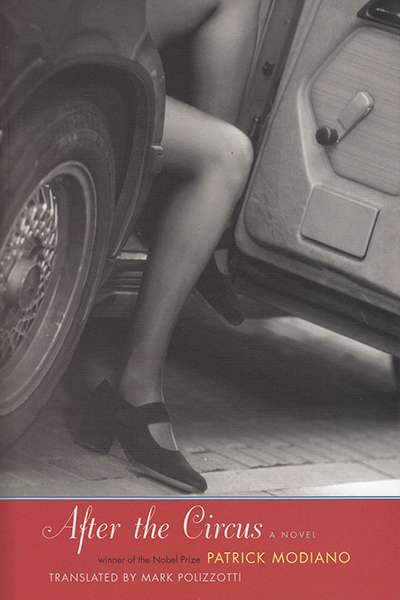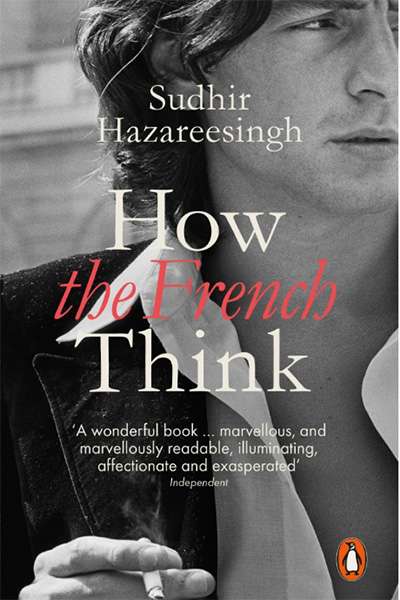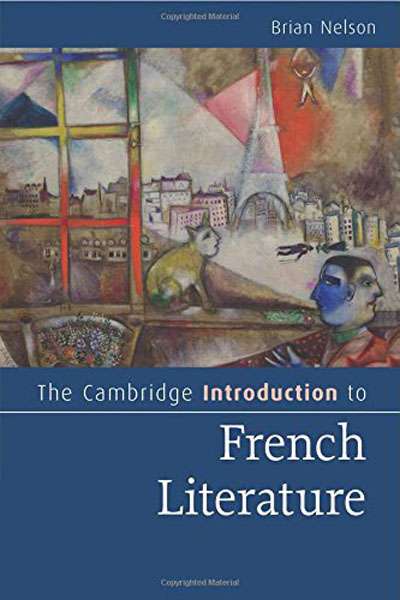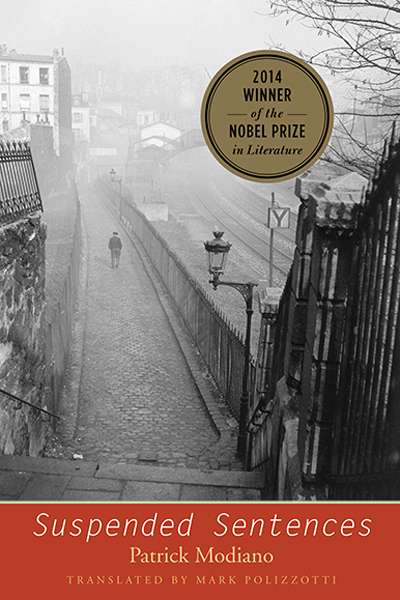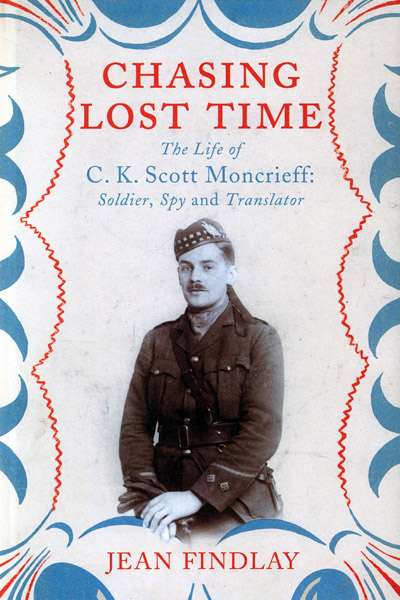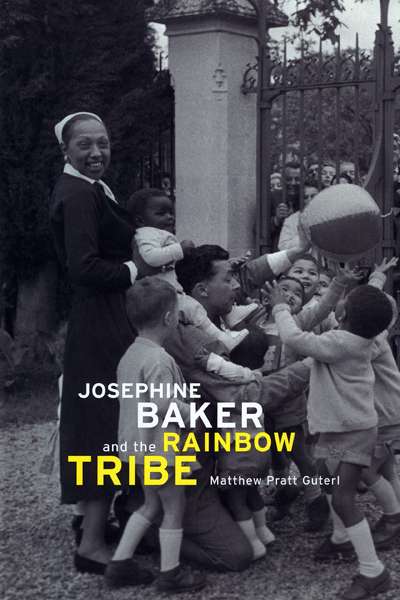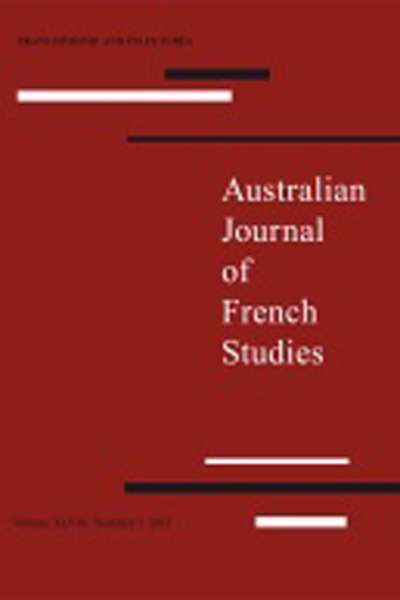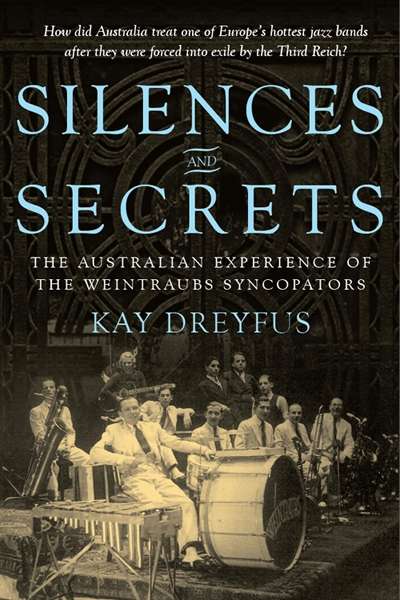Colin Nettelbeck
Colin Nettelbeck is an Emeritus Professor at the University of Melbourne, where he held the A.R. Chisholm Chair of French. He taught previously at the University of California (Berkeley) and Monash University. He has written extensively about twentieth-century and contemporary French literature, cinema, and cultural history, with special focus on the French experience of World War II. His most recent book is Dancing with de Beauvoir: Jazz and the French, published by Melbourne University Press in 2004. His essay ‘Kneecapper: a Trip to Happiness’ (published in the Autumn 2011 Meanjin Quarterly) was shortlisted for the 2010 Calibre Prize for an Outstanding Essay. He was awarded second prize in the 2012 Calibre Prize for ‘Now They’ve Gone’.
Have the French thought themselves to death? This is the question that Sudhir Hazareesingh poses in this erudite and stimulating book. His concluding chapter is a piece of diplomatic fence-sitting, but, notwithstanding the claim of the subtitle's affection, much of the analysis points to a national culture in terminal decline, inward-looking, nostalgic for past glories, anxious for its future, and ... (read more)
'It is hard to imagine a more challenging scholarly task than composing, in under three hundred pages, an introduction to a field as vast and variegated as French literature. From the fabliaux, mystery plays and chansons de geste of medieval times to such figures as the present-day Nobel Prize-winning novelists Le Clézio and Modiano, it embraces nine hundred years of textual production. It is a v ... (read more)
Outside academia, Patrick Modiano was virtually unknown in the English-speaking world before the announcement of his Nobel Prize in October 2014. Since then, no fewer than seven different US publishers have joined the race to bring out Modiano titles, which is gratifying for those familiar with the work of a man ranked as one of France’s great writers for over forty years. It is especially pleas ... (read more)
Jean Findlay had access to an impressive array of sources when writing this biography of her great-great uncle. She does not always make the best choices in navigating the mass of material: too many pages are cluttered with unsifted detail, and the family history genre often interferes with the biographical project of a significant public figure. However, the multiplicity of authentic documents ... (read more)
When Josephine Baker died in Paris in April 1975, it was almost fifty years since her sensational triumph in that city in 1925 as the star of La Revue Nègre. Her legendary status in France today remains linked to her emblematic role in the extraordinary unleashing of emotion and sensuality that came with the French Jazz Age and its upheaval of tradition. But her image also includes her work in th ... (read more)
This number of the Australian Journal of French Studies has been superbly guest-edited by Sydney University’s Margaret Sankey, a world authority on French voyages of discovery in the southern hemisphere. In addition to her own work, there are contributions by several French and New Zealand colleagues.
... (read more)
Kay Dreyfus was inspired to write about the Weintraubs Syncopators after seeing a German documentary at the Melbourne Jewish Film Festival in 2000. The film recounted the story of this interwar dance and variety band, which had earned fame in Josef von Sternberg’s The Blue Angel (1930), and later used a European tour to escape from Hitler’s jazz- and Jew-hating régime. After a music-driven ad ... (read more)
On 13 May 1958 a French military junta seized power in Algiers. Choreographed by Jacques Soustelle, the French governor-general of Algeria, in a deliberate plan to bring down the French government, the putsch led to the return to power of Charles de Gaulle, the collapse of the Fourth Republic, and, after four more years of anguish and prolific bloodshed, the end of the colonial war that France had ... (read more)
An imperfectly remembered life is a useless treachery. Barbara Kingsolver, The Lacuna
When my American mother-in-law died, the world financial markets went into a tail-spin. Melba was her name; her own mother, who migrated from Italy to New England in the late nineteenth century, was an operamane. I have often wondered about the flukey events that had me, a native of Helen Mitchell’s no-place-l ... (read more)


